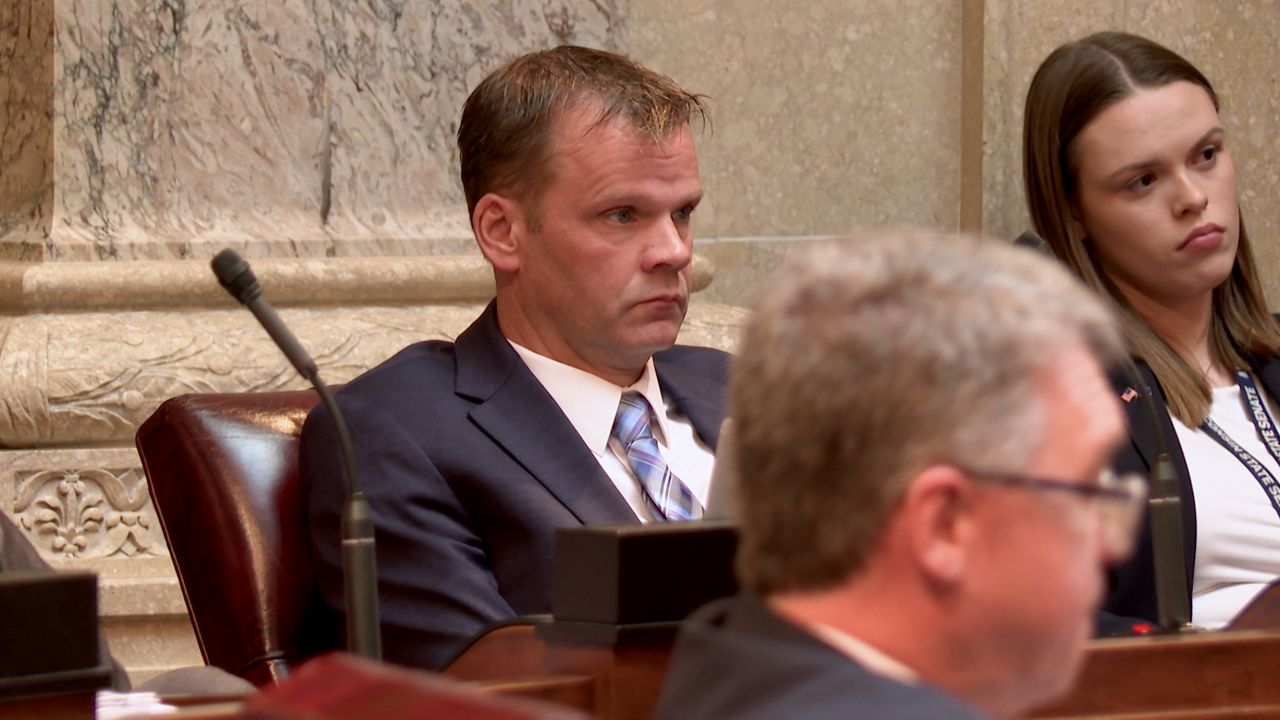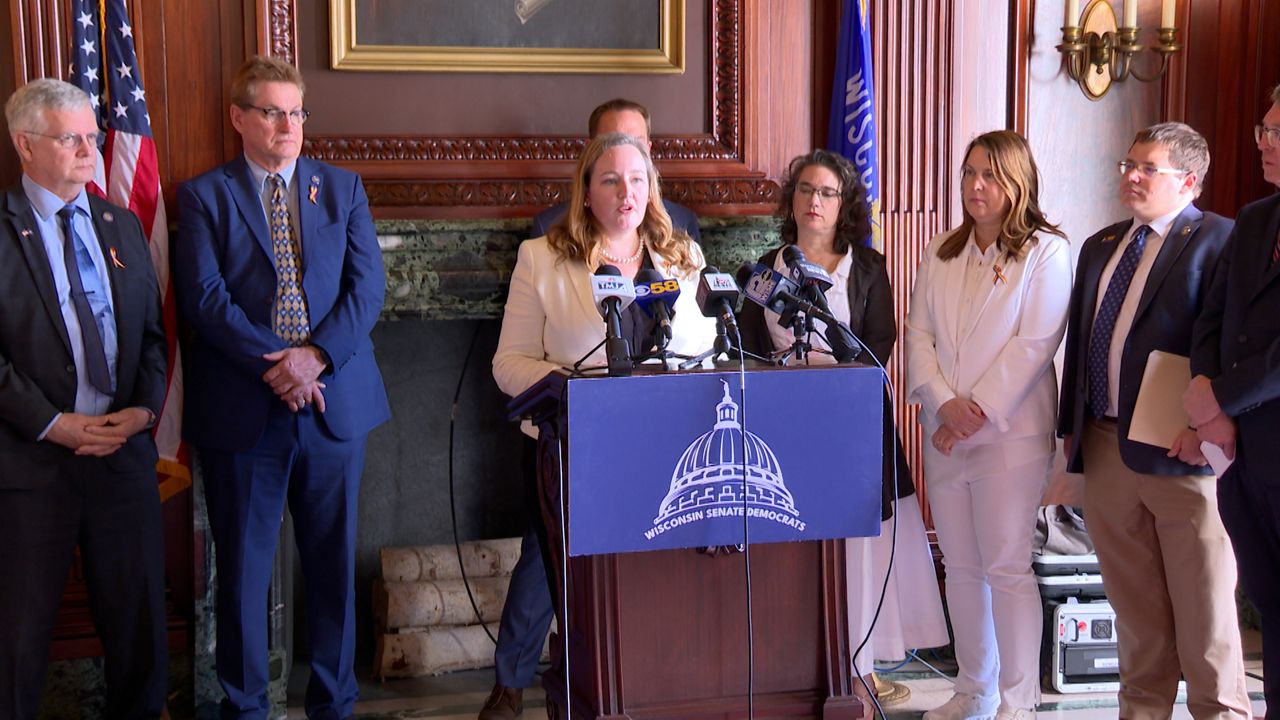MADISON, Wis. — Lawmakers in the Wisconsin Senate met Tuesday for what is expected to be the last time this biennium as election season ramps up across the state.
Though the Senate has potential meeting dates marked on the calendar out to May, much to the dismay of Democrats, who want to keep working until at least next month, Republican leaders have no plans of doing that, especially with the Assembly already having adjourned in February.
“Monday processing, missing and murdered women task force, DACA, expungement, right of first refusal and there are others,” Minority Leader Sen. Dianne Hesselbein listed off as a to-do list to reporters during a press conference Tuesday.
The Democrat from Middleton said there was still a lot of work to be done.
“Once again, we shouldn’t be done today. We should be coming back into session until April 11," Hesselbein said.
Democrats also criticized what was on the day's agenda, which included more confirmations on the chopping block.

Since 2019, Senate Republicans have rejected 21 of Gov. Tony Evers’ picks for various posts. Over the almost four decades before that, the Senate had only rejected a total of four nominations.
“The continued rejection of qualified appointments is continuing its unprecedented pace,” State Sen. Brad Pfaff, D-Onalaska, who was previously rejected to lead the state’s Dept. of Agriculture, explained. “Republicans have rejected 12 appointments. I’ll repeat: Republicans have rejected 12 appointments so far this session, with another 7 expected today.”
Ultimately, the Senate fired a total of eight appointees Tuesday, including two members of the University of Wisconsin Board of Regents, over their stances on diversity, equity and inclusion (DEI) efforts.
Among the rejections were also four nominations for the Wisconsin Judicial Commission: Yulonda Anderson, Jane Foley, Janet Jenkins and Judy Ziewacz.
Republicans defended their decision and called the picks political. In a statement, State Sen. Van Wanggaard, R-Racine, also said many of the picks lacked an understanding of procedures despite having served on the commission.
“The Judicial Commission must remain neutral, above partisanship, and enforce the law by following the law without bias,” Wanggaard said. “Even if the Wisconsin Supreme Court has taken a hard turn into politics and partisanship instead of law, the Judicial Commission must not."

Democrats, however, felt as though it was more payback for the election of liberal-backed Justice Janet Protasiewicz to the state’s high court last spring.
“They were sore that they had lost an election, and they wanted to box them in, and anybody who sits on the Judicial Commission has the ethical compass to know that you cannot prejudge something,” State Sen. Kelda Roys, D-Madison, said of the criticism of the nominees.
Lawmakers also voted on a few constitutional amendments, including one that will be on the ballot in August, asking voters to decide whether governors should be prohibited from spending federal money without legislative approval.



